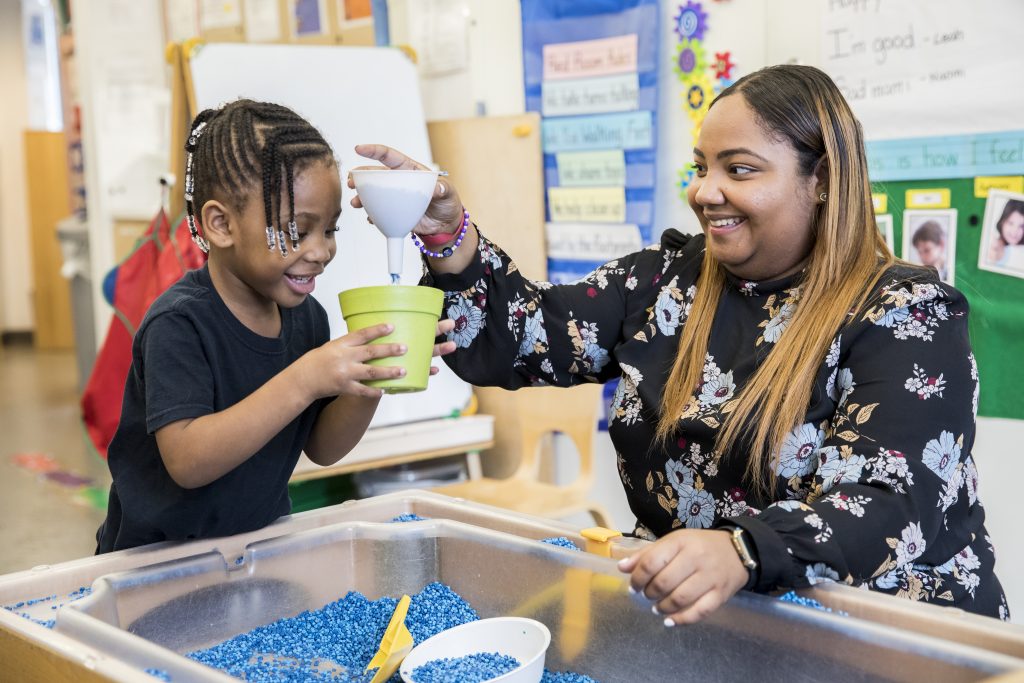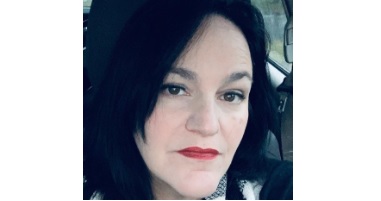“We need a campaign where providers, coaches, special educators, therapists and families can tell their story because this is not easy, it’s exhausting and yet our amazing early childhood professionals get it done in a way that meets the needs of families.” — Workforce Survey Respondent
The New York Early Childhood Professional Development Institute, in partnership with the Bank Street College of Education, recently completed a survey to understand the impact of the COVID-19 pandemic on New York’s early childhood workforce. The survey included early childhood program leaders, teachers, and family child care providers. Over 3,000 individuals who are members of the state’s Aspire Registry responded. The survey sought to provide a descriptive snapshot of the workforce during the pandemic in order to stimulate dialogue to help the field navigate this crisis.
The findings from the report highlight many key issues and provide some insights on next steps:
Finding 1: The workforce has experienced a collective trauma that raises great concerns about mental and emotional well-being. 90% of survey respondents indicated their mental and emotional health being affected by the pandemic. This significant impact requires attention as we look to the future. As educators, we are frequently in the role of considering the mental and emotional well-being of those in our care. Now, the question is being asked “Who is caring for the early care and education workforce?” The survey results indicate that moving forward, it is important to consider the implications of this trauma as we set expectations and provide therapeutic services for the workforce. More information on the workforce survey findings and discussions on mental and emotional well-being can be found in our previous posts:
Finding 2. The increasing use of technology as a response to the pandemic has created opportunities for continued communication and engagement with children and families as early childhood educators and leaders navigate hybrid models and remote learning. However, it is important that the early childhood field continues to consider whether the use of technology during remote learning is developmentally appropriate and to ensure that there are resources to meet the needs of all learners, including multilingual learners and children with disabilities. Information on remote learning can be found from our posts:
- Supporting the Process:Collaborating with Families of Children with Disabilities
- A Better Model for Remote Learning in Early Childhood
- Social-Emotional Family and Child Engagement While Remote Teaching
Finding 3: The COVID-19 pandemic has exacerbated inequities that predate the pandemic. Moving forward, we must ensure that all voices are represented and included in future research and policy decisions. The National Association for the Education of Young Children in its Advancing Equity in Early Childhood Education position statement expresses the importance and strength of a systemic commitment to equity, saying :“…all early childhood educators have a professional obligation to advance equity. They can do this best when they are effectively supported by the early learning settings in which they work and when they and their wider communities embrace diversity and full inclusion as strengths, uphold fundamental principles of fairness and justice, and work to eliminate structural inequities that limit equitable learning opportunities.” More information on issues related to equity can be found from our previous posts:
- Equitable Access to Technology for Remote Learning
- Public Investments Stabilize Early Care and Education
- In Solidarity with Educators and Activists Fighting for Racial Justice
- What Happens to Equity When My Classroom is 18 Homes?
As voiced in the opening quote, and the workforce survey results, early childhood educators have shown great strength and resilience during this unprecedented time. It is imperative that we continue to listen to the members of the workforce and that we commit to invest what is needed for the future of early care and education to thrive.
What do you see as some of the next steps forward for the early care and education workforce?
Erica Yardy is a Research Associate with the New York City Early Childhood Research Network, a project of the New York Early Childhood Professional Institute, and is a preschool teacher in White Plains, New York. She received her Master’s in Early Childhood Special Education from the University of Illinois at Urbana Champaign and has previously taught in New York City and Barbados.



